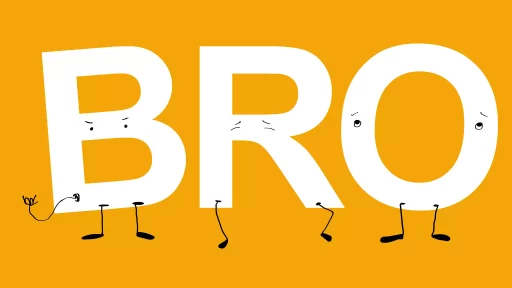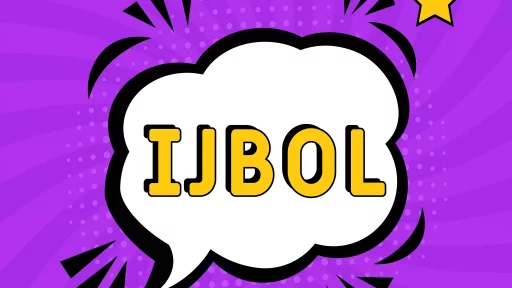What is Caper Slang?
Caper slang is an intriguing linguistic phenomenon primarily associated with the youth culture in Cape Town, South Africa. This unique dialect has evolved from various influences, including historical, cultural, and social factors, resulting in a colorful and vibrant way of communication.
Origins of Caper Slang
To truly appreciate caper slang, it is essential to understand its roots. The term ‘caper’ relates to ‘Cape Town,’ one of South Africa’s most iconic cities. Caper slang has emerged from a blend of languages, including Afrikaans, English, and indigenous South African languages. Its origins can be traced back to the historical context of apartheid and the subsequent cultural fusion among various ethnic groups.
Characteristics of Caper Slang
Caper slang is characterized by its creative use of language, making it a rich source of expression among the youth. Features of this unique slang include:
- Neologisms: New words are frequently created to express contemporary ideas or phenomena.
- Code-switching: Speakers often switch between languages to enhance their message.
- Metaphors and Similes: Vivid imagery is often used to convey emotions and humor.
Examples of Caper Slang
Some common phrases and words in caper slang include:
- “Yoh”: An expression of surprise or awe.
- “Aweh”: A greeting similar to “hello” or “what’s up?”
- “Sokkie”: A term referring to a casual gathering or dance party.
For instance, a typical conversation could go like this:
Person A: “Aweh, did you see that sokkie last night? It was lit!”
Person B: “Yoh, it was so much fun! We should go again this weekend!”
Case Study: The Impact of Caper Slang on Identity
In Cape Town, particularly among the youth, caper slang has played a pivotal role in shaping personal and cultural identity. As young people navigate their social environments, this linguistically rich form of expression allows them to connect with peers, assert their individuality, and express their cultural heritage.
A case study involving local high schools shows how caper slang fosters community feeling among students. Students reported that using caper slang helped them find common ground in a diverse cultural landscape. When teens utilized caper slang, they felt a sense of belonging and mutual understanding, bridging gaps across different backgrounds.
The Influence of Technology and Social Media
The rise of social media has significantly propelled the spread of caper slang. Platforms like Twitter, TikTok, and Instagram have enabled young individuals to share their language and culture with a broader audience. Hashtags such as #CaperSlang or #CapeTownVibes have become popular, helping popularize terms and phrases beyond local boundaries.
A recent study indicated that over 70% of Cape Town youth use social media to communicate using caper slang, showcasing its pervasive influence. This online presence contributes to the evolution and sustainability of the dialect, illustrating how social dynamics drive linguistic change.
Challenges and Criticism
Despite its vibrancy and popularity, caper slang does face some criticism. Some educators and linguists argue that this form of slang could undermine formal language skills, leading to concerns about literacy among youths. However, research suggests that slang serves as a gateway to language acquisition, allowing students to engage with language playfully before transitioning to more formal styles.
Conclusion: The Future of Caper Slang
As societal dynamics continue to evolve, so too will caper slang. It stands as a testament to the resilience and adaptability of language, encapsulating the spirit of Cape Town’s youth culture. Caper slang not only enriches communication but also fosters a sense of shared identity, belonging, and community among its speakers.
In embracing caper slang, we celebrate the diversity and creativity of language and recognize it as a vehicle for cultural expression in a rapidly changing world.




